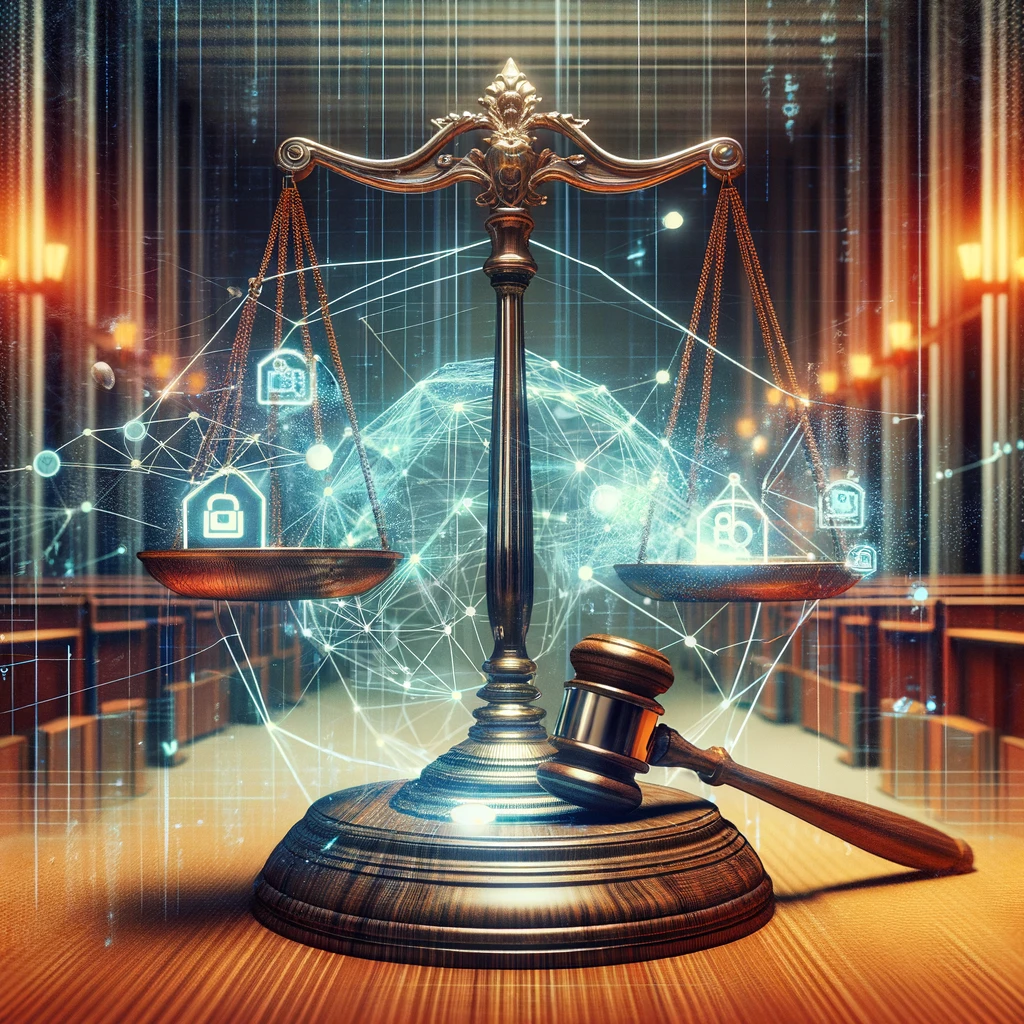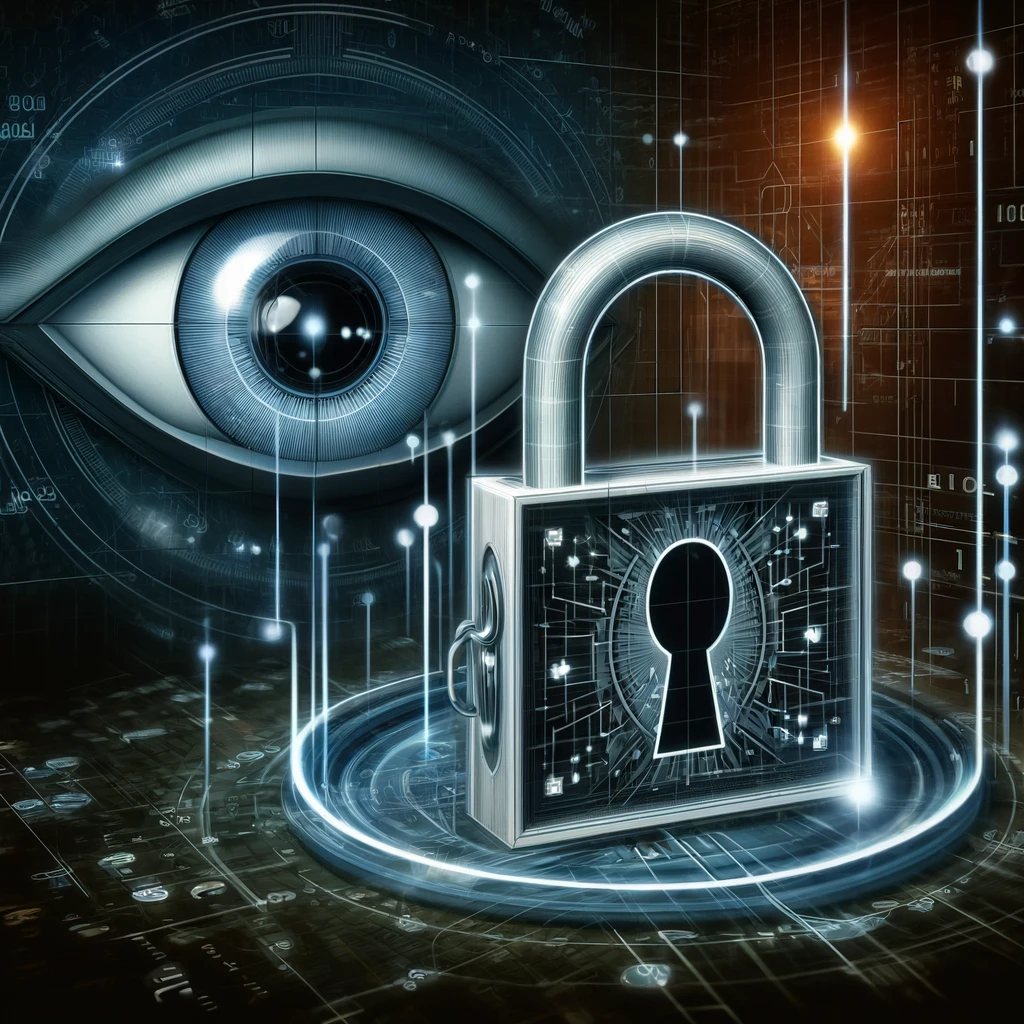
Digital twins, a cornerstone of modern industrial and technological advancements, are precise virtual models designed to mirror physical entities. These can range from objects to processes or systems, and are used to simulate, predict, and understand real-world conditions without the physical wear and tear. However, the creation and operation of digital twins raise significant legal and ethical considerations, particularly in the realms of data usage, privacy, surveillance, data accuracy, and misuse.

Legally, the use of digital twins involves the collection, storage, and analysis of vast quantities of data, some of which can be highly sensitive or personal. This raises several concerns under privacy laws and regulations such as the General Data Protection Regulation (GDPR) in the European Union or the California Consumer Privacy Act (CCPA) in the United States. These regulations mandate strict guidelines on data consent, data minimization, and the purpose limitation of data use. Companies and organizations employing digital twins must ensure that the data collected is done so with explicit consent and that the data is used strictly for the purposes outlined at the time of collection. Furthermore, there must be clear mechanisms for data subjects to exercise their rights, including accessing their data, requesting corrections, or even deleting their data entirely. Compliance failures can lead to substantial fines and damage to reputation.

From an ethical standpoint, the deployment of digital twins can lead to heightened surveillance capabilities. In scenarios where digital twins are used to monitor employee performance, patient health, or even consumer behavior, there lies a thin line between useful oversight and invasive surveillance. This can lead to a perceived or real infringement of personal freedoms and privacy. Ethical use of digital twins necessitates transparency about data collection methods, the extent of surveillance, and the safeguards in place to protect individuals’ rights and dignity.

Data accuracy is another significant ethical concern. Digital twins rely on the fidelity and precision of the data they process to provide accurate simulations and predictions. Inaccurate or biased data can lead to flawed outcomes, potentially causing physical harm or financial loss. For instance, in healthcare, an inaccurately modeled digital twin of a patient could lead to inappropriate medical treatment. Ethically, it is imperative to maintain rigorous standards of data validation and verification to mitigate risks and ensure the reliability of digital twin technologies.
The potential for misuse of digital twins also cannot be overlooked. These technologies, while beneficial, could be used for purposes such as unauthorised surveillance, creating misleading models, or other malevolent intents. Ethical guidelines and robust legal frameworks are essential to prevent such misuse. It is crucial for legislation to keep pace with technological advancements to cover new ground where traditional laws might fail to tread. On the ethical front, a commitment to integrity and fairness must be maintained by all stakeholders involved in the creation and implementation of digital twins.
While digital twins offer transformative potentials across various sectors, they bring with them a host of legal and ethical challenges that need to be addressed. Ensuring that these technologies are used responsibly and justly will require a collaborative effort among technologists, legal experts, ethicists, and policymakers to craft guidelines and regulations that safeguard privacy, ensure data accuracy, and prevent misuse, thus fostering trust and integrity in the technologies that are shaping the future.